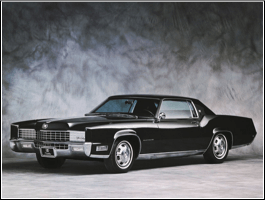Who dies without debts
'He live here?' the punk asked. 'This is a restaurant.'
'It's the right address ,' I said.
We parked at the bottom of the hill, at the river bank.
'Caddie ain't here,' the punk said.
He had a talent for making superfluous remarks. The parking lot was empty. I straightened my tie and got out of the car. The punk didn't move.
I walked around the swimming pool. A dead squirrel floated in the deep end. I could make out his back and his tail, but his paws and head had dropped under the water's gray surface.
The restaurant stood on an artificial island. It had a high, pointed roof, and the walls were covered with straw mats. It looked like the hut of a tribal chief in Fiji or Samoa. From a distance, it seemed exotic and impressive, but as I got closer, I saw the rotting roof beams, the peeling paint on the window frames, and the cracks in the concrete of the terrace. The place was open, but there was nobody inside, and the bar was dark. The interior was also inspired by the South Pacific, with lots of straw and large wooden statues. The walls were covered with spears and daggers and autographed black and white pictures of 1940's movie stars.
I walked past the empty tables to the window and looked out across the river. The water had the color and sheen of pewter. A red and a green beacon marked the shipping channel, but there was no traffic. I saw only a sailing yacht at a dock on the other side. On my side, about fifty yards downstream, stood a pink house that looked like a small and crumbling Moorish palace. Otherwise, there was nothing to see. A lot of trees and water, but no black Cadillac - the reason why I had come here in the first place.
I had turned around to leave when a door next to the bar suddenly opened. A dark man of medium build approached. He had a full beard and an orange turban.
'I'm terribly sorry,' he said. 'We don't serve lunch today. We're not opening until Happy Hour.'
'Mr. McDermott?' I asked. 'Jack McDermott?'
'No,' the man said. 'My name is Dr. Singh. Pleased to meet you.'
He waited.
'The name is Helms,' I said. 'I’d hoped to find McDermott here.'
'There's nobody here but me,' Dr. Singh said and he smiled.
'I've come to the rights address, haven't I?' I asked and, just for show, pulled a piece of paper out of my inside pocket.
'This is a restaurant, Mr. Helms.'
'Yes, of course. Does McDermott live in the house next door?'
'That's Miss Helen's house!'
I looked at my paper.
'Maybe he gave his address at work.'
'May I ask what is the purpose of your visit?'
'An insurance matter,' I said. 'Strictly routine.'
Technically, that was not a lie. The bank is insured against types like McDermott, and there are so many of them in Maryland that I could make a decent living chasing them, if I didn't have to pay alimony and child support.
Dr. Singh waited for details. I didn't give him any.
'Mr. McDermott worked here for a while,' he said, 'and then resigned.'
'When?'
'A while back.'
'Can you give me his home address?'
'He moved to California.'
'When?'
'A while back. He left a forwarding address.'
Dr. Singh pulled a little address book from his inside pocket and read out a P.O. box number in Pasadena and a zip code.
'I'm terribly sorry I can't offer you anything to eat,' he said. 'But needless to say, I can pour you a drink at the bar.'
I declined his offer, thanked him, and walked out.
The punk had lowered the backrest of his chair. He was stretched out, with his boots on the dashboard and headphones covering his ears. I punched him in the shoulder and started the engine.
'Ever been to California?' I asked.
He took off the headphones.
'What?'
'Our bird got away.'
'Shit.'
We drove back up the hill. The road made wide, easy turns and the houses on both sides were hidden in the woods. There was a gas station at the Route 4 intersection. Out of the shadow of the roof above the pumps, a black Cadillac turned towards us.
'Take a look at that,' the punk said.
I let the Cadillac go ahead. I saw two women. The younger one drove. Her companion was much older and so small that her head barely showed. She was in the back seat, as if she were in taxi or a limousine. The Cadillac veered around us and drove down the hill. The punk looked over his shoulder at the license plate.
'That the one,' he said.
I grabbed my cell phone and called the office.
'Good afternoon,' Janet said. 'Automobile Credit, Inc.'
'Janet? Rick. Can you look up a zip code?'
'Shoot.'
I stuck the phone under my chin, steered with one hand and, with the other, dug into my inside pocket.
'95060.'
'Nine is California, that's easy, and the rest is ... Santa Cruz.'
'Are you sure?'
'I'm old and ugly, but I can read.'
'So he made it up right then and there.'
'What was that?'
'Nothing. Thank you.'
The punk looked at me.
'Are we going to California?' he asked.
'No,' I said. 'We're going out to dinner tonight.'
We didn't go back to the restaurant until 7:30, when it was already dark outside. There was only one car in the parking lot, the black Cadillac. I parked right next to it.
'Give me half an hour,' I said. 'Then you get busy. Do you have your cell?'
The punk nodded, turned around and crawled to the back seat. He stretched out and put on his headphones.
I got out and walked around the Cadillac. The car looked clean. No dents or scratches.
The restaurant was still empty, but the lights were on and behind the bar stood a large black man in a starched white shirt and a red bow tie. At the end of the bar a man sat reading a newspaper. They both looked up in surprise when I came in. There was no sign of Dr. Singh.
'Good evening, sir,' the bartender said. With a dishcloth he wiped a corner of the bar. It looked like he assigned me a spot to sit down. 'What can I get you?'
'What beer do you have on tap?' I asked.
'Nothing on tap today, sir, but we have a big selection of bottled beer.'
He looked in a cooler under the bar.
'Budweiser, for instance?'
'That's fine,' I said. 'And I’d like to eat something, too. Do you have a menu?'
He ignored my question and knocked on a panel behind the bar.
'I'll ask the chef what specials we have tonight.'
'Anjali ain't here yet,' the man at the end of the bar said, the man with the newspaper. He was short and scrawny and spoke with a sharp New York accent.
'I'm not in a hurry,' I said. 'I'm waiting for somebody.'
'So are we,' the New Yorker said. 'We are waiting for the queen.'
'Mick's just kidding,' the bartender said. 'He's famous for making jokes.'
Mick sneered at him and went back to his newspaper. The bartender folded his hands behind his back and stared into space with a blissful smile. I looked out the window. The red and green beacons on the river were lit now and blinked every three seconds.
I heard noises in the back of the restaurant and a moment later the lid of a big pot crashed on a tiled floor. Next, the panel behind the bar opened. A young woman with pitch black hair and a dark face leaned out.
'They're coming,' she said to the bartender. Then she saw me.
'Oh shit, a customer,' she said, and quickly closed the panel.
Mick folded his paper and walked to a piano that stood between the bar and the restaurant. He opened the lid, sat down on the wide bench, and bent and stretched his fingers. For a moment they looked like the tentacles of an octopus. Then he started to play. It sounded so blase and diluted that it took me a while to recognize 'As Times Go By.'
Two blond women came in. The younger one was the driver of the Cadillac. The other woman was very old and wearing a wig. She walked slowly, leaning on the arm of the driver. She wore large sunglasses with rhinestone wings, an exotic blouse (Samoa? Navajo? India?), and pink Capri pants. Her ankles extended from the pants like paper straws.
Dr. Singh followed close behind the women. He immediately came to me.
'Mr. Helms, what an extraordinary surprise! The name was Helms wasn't it? I'm so glad. So glad my memory still works. What a pleasure to see you again. Have you been well looked after? Have you already ordered dinner? Not yet? I'll give instructions to the kitchen right away.'
He trotted off through the door next to the bar. Meanwhile, the women had taken seats at a table near the window. The old one looked at me. I thought so, anyway. It was hard to tell with those sunglasses. She spoke softly to the other woman, who got up and walked to the bar.
'Miss Helen invites you to join her at her table,' she said.
I looked at her in surprise.
'Are you coming?' the woman said.
'It's a very kind offer,' I said, 'but I'm not sure...'
'Of course you remember Miss Helen's starring role in Deadly Rendez-Vous, the famous thriller with Sterling Hayden.'
It took a moment before I realized that she was giving me a briefing, and that the invitation was practically an order. I picked up my beer, came down from the stool, and followed her. When I got to the table at the window, the old woman took off her sunglasses.
'Well, well.' she said. 'I didn't expect such an attractive young man.'
'How do you do?' I said.
'A lot better already. Do sit down. You looked so lonely all by yourself.'
'Actually, I'm waiting for somebody.'
'A woman, I hope.'
'Yes.'
'And she's not your wife.'
I skipped a turn. Miss Helen smiled.
'To meet your wife you don't have to go to a bar. She's waiting at home, like a good wife should.'
The bartender came up with a tray. He brought a cocktail for Miss
Helen and a fresh Budweiser for me. The pianist played on, but it sounded like he could fall asleep at any moment.
'Sterling often made a joke about that,' Miss Helen said. 'He had even more trouble with his wife than I with my husband. By the way, did you know that after Deadly Rendez-Vous, they offered him the role of Tarzan?'
'Tarzan?' I said slowly. 'I really don't remember.'
'Of course not, because he refused. He didn't want to play a stuttering jungle man in leopard-skin shorts. Too bad, really. He had the perfect body for it. That I can assure you on the basis of detailed and lengthy personal observation.'
The old woman winked.
'Sterling was an idealist,' she said. 'And a dreamer. At one point he got so sick of the hypocrisy and corruption in Hollywood, that he sailed away. Literally. To the Marquesas and Tahiti. He was also sick and tired of his wife. That played a role.'
She winked again.
'He really was a dreamer. I went at it in a more practical way. I simply built my own Tahiti right here in Maryland.'
She put the sunglasses back on. Dr. Singh approached, followed by the dark girl from the kitchen. She hailed from the same corner of the world as he, but was much too young to be his wife. Maybe she was his daughter.
'Tonight you can choose our specialty,' Dr. Singh said. 'Grilled rockfish with rice and asparagus.'
'Actually, I'm still waiting for somebody.' I said.
'A rendez-vous,' Miss Helen said.
I looked at my watch.
'It's getting pretty late. I'm not sure...'
My cell phone rang.
'There she is,' Miss Helen said. 'Thank goodness.'
I excused myself, quickly got up and walked to the window. It was the punk.
'I'm ready,' he said.
'What took you so long?'
'Luxury car. Got a lot of wires.'
'I understand.'
'Can I go?'
'Okay. All right.'
'Hold on tight.'
The punk hung up, but I kept holding my phone to my ear. With the other ear I heard the Cadillac start up. The punk pumped the gas with the engine in neutral and the eight big cylinders made such a racket that everybody in the restaurant looked up. The pianist took his fingers off the keys and lifted his hands as if somebody was pointing a gun at him.
The punk turned on the headlights, the halogen fog lamps and the blinking orange alarm signal. This was the high point of his day, and we could all share it through the big windows of the restaurant. He quickly backed up and turned. Then he leaned on the horn and floored the gas pedal. He tore up the hill skidding on the gravel. It flew up and tapped against the shingles and the picture windows of the restaurant.
Dr. Singh, his daughter, the bartender, the pianist and Miss Helen's blond chaperone ran out the door. I stayed put, at the window.
'Will I see you tomorrow, then?' I said into the cold cell phone.
Miss Helen was still at her table.
'But in any case I’ll call you tomorrow,' I said.
Miss Helen took off her sunglasses.
'Okay,' I said. 'But you call me, then.'
I waited a moment. Then I said 'Okay' one more time and put the telephone away in my jacket.
'She's not coming?' Miss Helen said.
'What's going on outside?' I asked.
'How should I know? That's Singh's business. She's not coming?'
'No.'
'Good.'
'Good?'
'Sure. Now you know exactly where you stand. It's worth a lot to get things clear. A woman wants you, or she doesn't. Same goes for men, by the way. That I can assure you from personal experience.'
Dr. Singh and the pianist were the first to come back inside.
'Somebody stole the car,' the pianist said. 'Right from under our goddamn noses.'
'I will call the sheriff right away, Miss Helen,' Dr. Singh said. 'Please do not worry.'
'I don't worry at all,' said Miss Helen. 'I thought it was an ugly monster. It looked like a hearse. And it probably wasn't nearly paid off yet, was it?'
Dr. Singh didn't answer and pulled out his cell phone. I put a ten dollar bill under my beer bottle. It was high time to leave. I didn't personally know every deputy in the county, but the sheriff, their boss, knew me very well. And he held the old-fashioned and impractical opinion that unpaid merchandise, like cars, should be reclaimed through the courts. Civilian procedure, he called it. Whenever we ran into each other, he said he had no use for my cowboy tricks.
I shook Miss Helen's hand. Her fingers were as thin and dry as kindling.
'You're not waiting for your dinner?' she asked.
'I'm really not hungry anymore,' I said. 'Besides, you guys have other things on your mind here.'
'Agh, Singh will take care of everything. He's very good at trouble. Tomorrow he'll have another car. Nicer color, I hope.'
'Did a guy named McDermott work here a while ago? Jack?'
'Oh yes, Jack. Nice boy. Pretty boy, but he left.'
'Why?'
'He wanted to start a new life. He was a dreamer, just like Sterling. He made a bit of a mess of it here in Maryland and borrowed a lot of money. He wanted a break. Start all over again. He was especially stressed out because of those debts. Nonsense, of course, but that's how he was.'
'Nonsense?'
'Of course. Debts you have to learn to live with. I have two mortgages on the house, three on the restaurant and at least twenty credit cards. Singh keeps count. Who dies without debts has not lived.'
'Until we meet again, Miss Helen,' I said. 'It was a pleasure and a privilege.'
She took off her sunglasses one more time.
'So long. What did you say your name was?'
'Helms. Rick Helms.'
'Is that your real name?'
'Yes, naturally.'
'That's not natural at all. Do you know what my real name is?'
'Not Helen?'
'Becky Silverstein, but that was of course totally out of the question in Hollywood. That's why I changed it to Helen Sinclair.'
'So long, Becky Silverstein. I really have to go now.'
'Ciao, darling.'
I quickly walked to my car, threw my jacket on the back seat and drove off. Even before I got to Route 4 two police cruisers came down the hill with flashing lights. I slowed down and got to the side of the road. They sped on down to the river. I got out my cell and called the punk.
'Yeah!' he shouted, but his voice could barely rise above the music.
'You almost inside?' I asked.
'This car has a sound system, man! Listen to this.'
He briefly held his cell next to a loudspeaker.
'You hear it, man?'
'You have to go straight to Bowie. The police are already on the road.'
'Okay, okay, but I'm first going to make a little trip through Upper Marlboro. I got all the windows open, man. I'm blowing everybody off the road with this stereo.'
'You have to go to Bowie right away!'
'Take it easy, man. This is my car now and I got a full tank. I can drive on to California, just like that.'
'Listen,' I said, but he held the phone next to the loudspeaker again and rang off.
I got myself a hamburger and coffee at Denny's on the corner of Routes 4 and 301. Then I drove to the Bowie industrial park. Automobile Credit, Inc. was a chainlink fenced lot between a lumber yard and a mattress warehouse. The office, where Janet did the phone during the day and rustled up deadbeats, was in a trailer. At the back stood about twenty cars, most of them fairly new. The bank would sell them all at auction as soon as the legal i's were dotted.
I opened the trailer, flipped on the lights, and sat down behind my desk. I waited for the punk and the Cadillac. It wouldn’t be a disaster if the police stopped him. The bank would get the car back sooner than if it went through the courts. I'd have to get another punk, but they're as easy to find as cockroaches.
I wasn't worried he'd really hit the road with the Cadillac. He didn't have enough brains, imagination or stamina. So I waited, and while I was waiting I realized that I didn't really care whether the Cadillac came back or not. It was a big, expensive car. My premium would be 1,500 dollars, and I had to pay Janet and the punk, and the rent and alimony and child support. But I actually didn't care. I looked at the wood panelling on the walls of the trailer, and out the window at the chainlink fence, the empty street, and the dark warehouses and storage yards around me. I imagined that the punk came back. I paid him and he went home. I didn't put the Cadillac on my lot, but drove away. To California. Or Florida. Mexico!
It only lasted for a moment. Then I waited till the punk came back. This has happened to me before. Sometimes I think I can't go on. But then I go on.
___________________________
This story was originally published in Dutch in the literary magazine Hollands Maandblad and collected in my book De gekken van Tenakee (The Madmen of Tenakee, 2007).
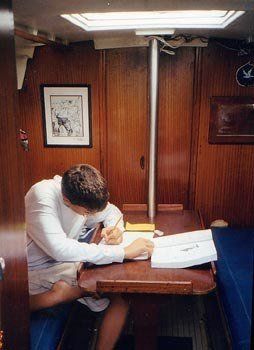
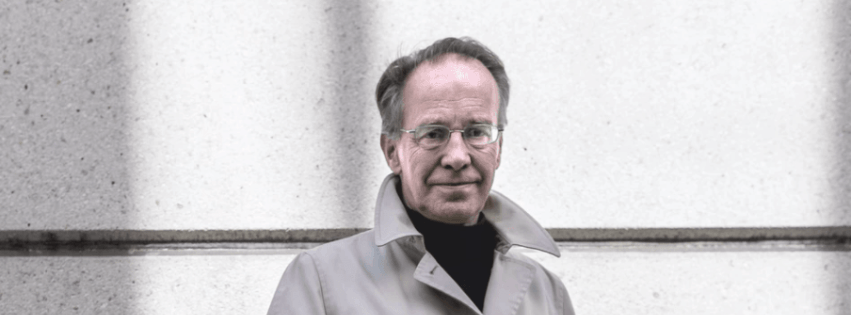

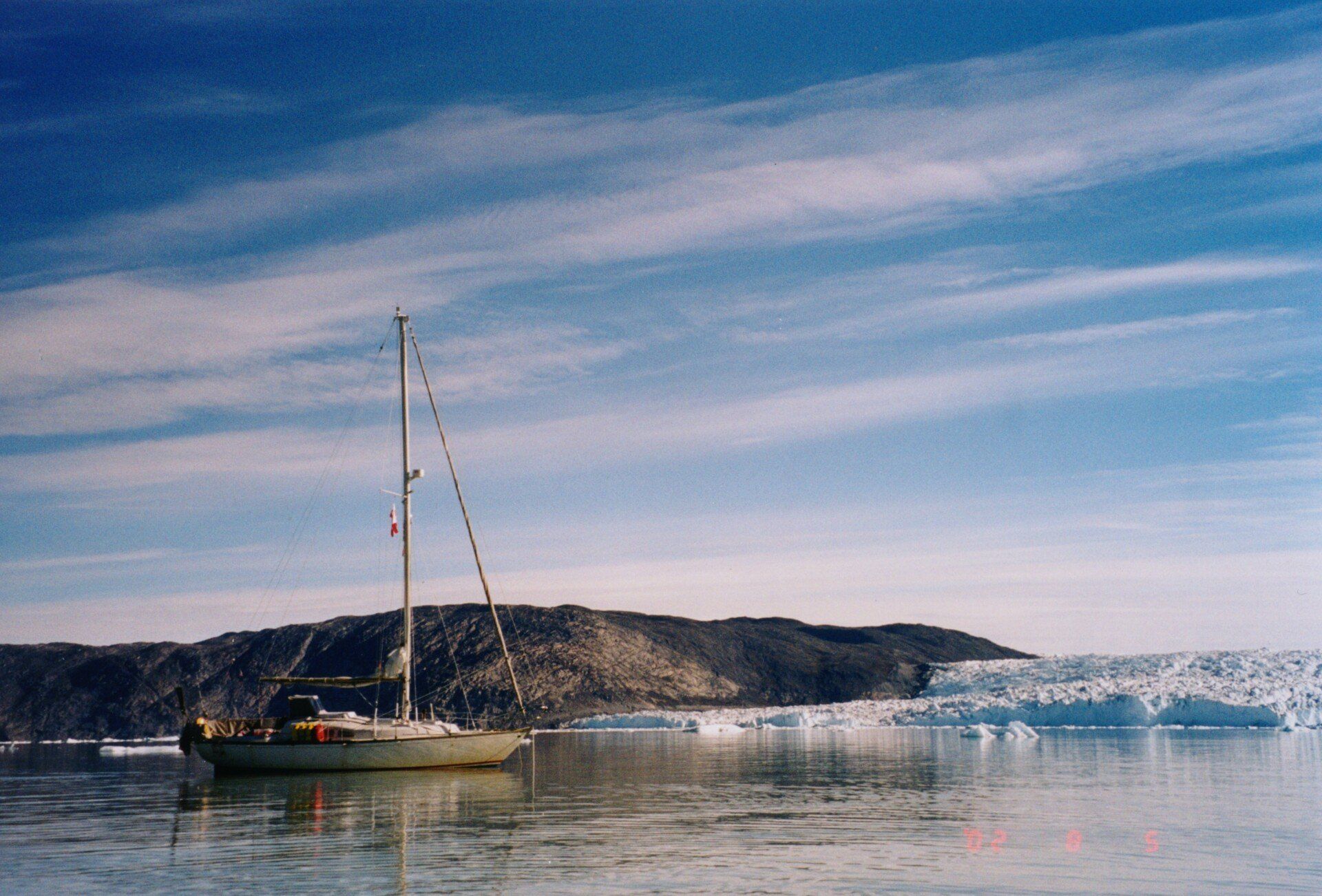
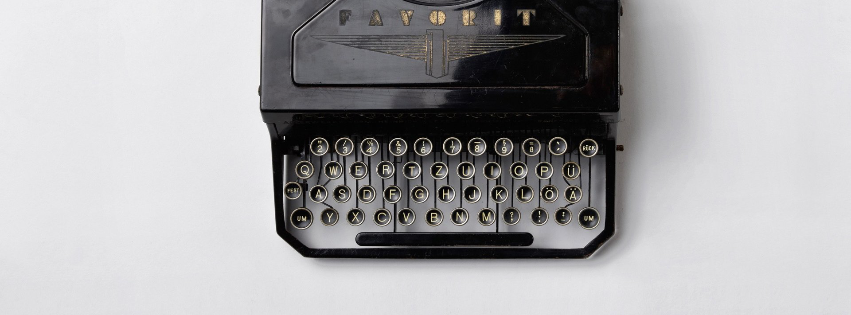

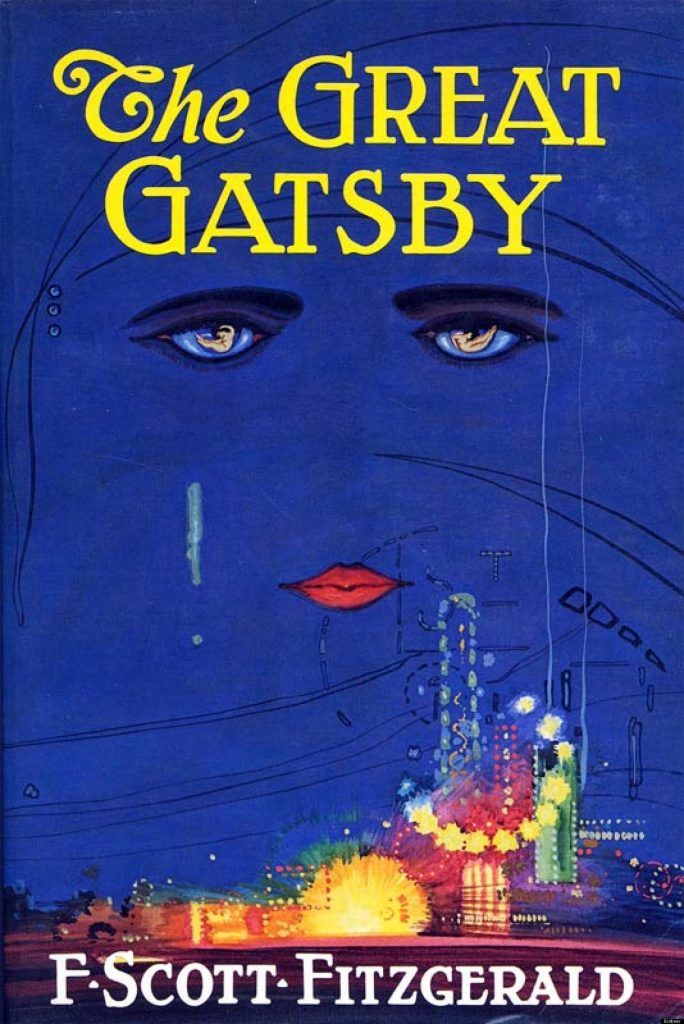
Wilt u mij uitnodigen voor een lezing of optreden? Neem contact op met mijn literair agent Dorine Holman. Zij kan u nader informeren over de mogelijkheden.
We nemen zo snel mogelijk contact met u op.
Probeer het later nog eens.


